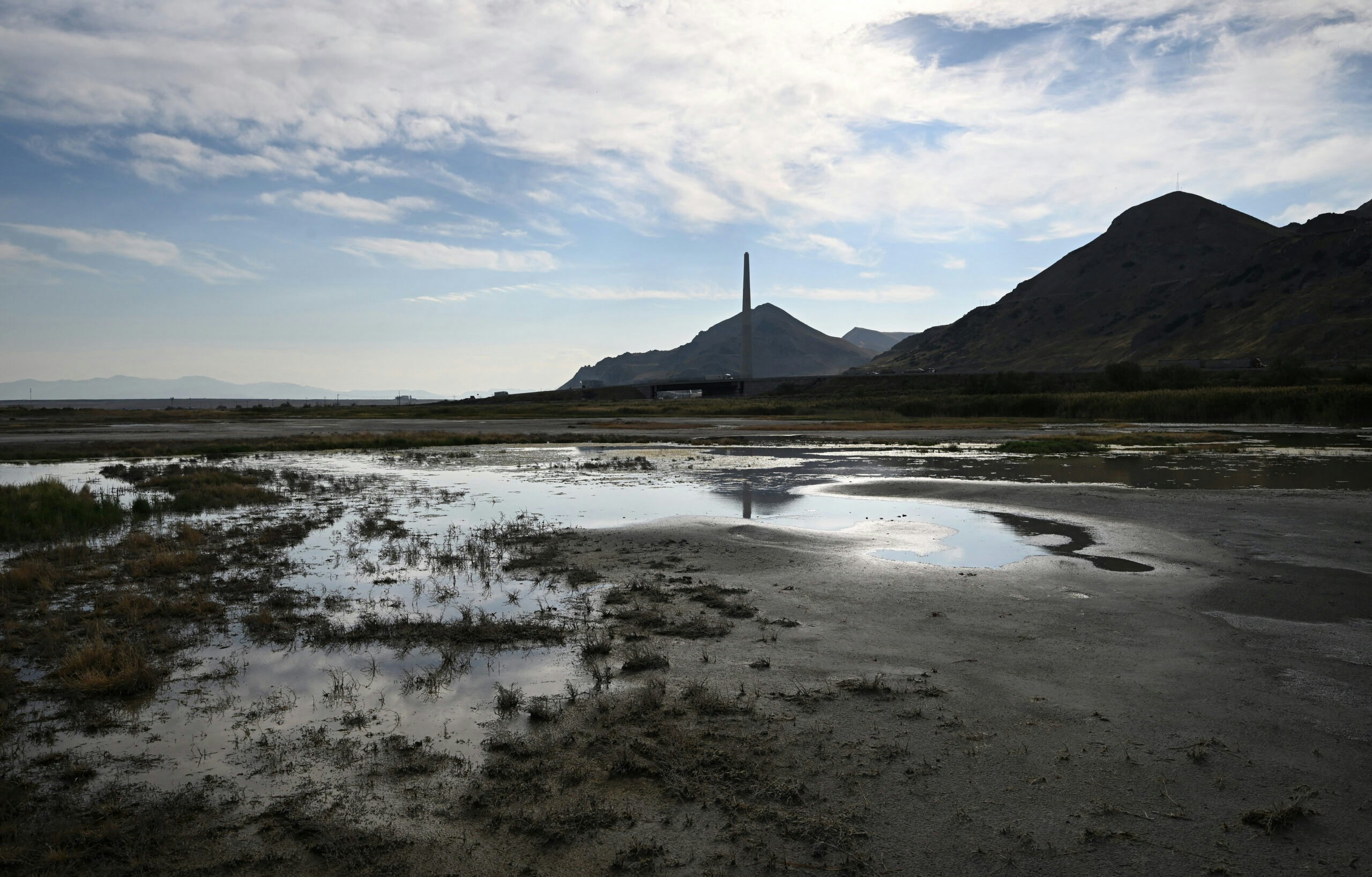Amazon’s selection of Queens and Arlington will enrich the neighborhoods, generate clear winners and losers in both metro areas, and create a “Sputnik moment” for other cities.
The results are in from the most closely watched corporate site selection process in history. Queens and the Northern Virginia suburbs of Washington will each host new Amazon facilities employing at least 25,000 highly paid tech workers, while 18 runner-up cities are licking their wounds and drawing lessons from the competition.
For the New York and Washington metro areas, winning the Amazon sweepstakes will bring obvious economic benefits. In the near term, higher salaries for new employees, and transfers from the Seattle headquarters will bring an increase in spending power, and property tax receipts from these neighborhoods will increase tremendously.
Longer term, many of these Amazonians will support local charities and launch new tech startups down the street. Most important, the greater density of knowledge workers and tech know-how will generate economic “spillovers” making workers in other firms and industries more productive. The New York and Washington metro areas – already among America’s richest big metros – will become richer still.
Within the two winning cities, Amazon’s arrival will produce stark winners and losers. The biggest winners will be owners of rental apartment buildings within reach of the new office complexes. Losers will include every renter in the wider areas who doesn’t join Amazon or otherwise receive a pay raise, which is why local politicians and community leaders are nervous and starting to protest.
Tech workers at other New York and Washington firms, and to some degree skilled workers in other industries, will benefit, as competition from Amazon forces existing employers to raise wage levels to fight for talent. Other firms will correspondingly suffer, and presumably reduce employment.
Taxpayers will likely find themselves benefiting much less than advertised over the long term. Just as economic studies overwhelmingly find that public sector subsidies for sports stadiums don’t pay for themselves, the new host cities will likely experience hangover effects when they realize how much they’ve given away in tax breaks – and how much they’ll incur in incremental expenses they haven’t yet considered. Urban thinker Richard Florida rightly said that Amazon played the 20 competing cities “like a fiddle,” ultimately scoring more than $5 billion in taxpayer-financed benefits.
Perhaps the best outcome from the competition is that the runner-up cities, and many more that were watching, will view Amazon’s decision as a wake-up call. For some large cities that have mostly performed well in past corporate relocation contests, like Atlanta, Chicago, and Dallas, the Amazon HQ2 search has turned out to be a very different game than the one they’re used to playing. Amazon didn’t choose the cities that offered the biggest breaks, nor the ones with the most affordable labor costs and home prices.
Rather, both Amazon and host city spokespeople have made clear that the central consideration was the availability of large numbers of highly educated and experienced tech workers. “Talent was the core” of the conversations, one Northern Virginia official confirmed.
For Dallas, Columbus, and other low-cost cities, this week’s news just might be a “Sputnik moment,” like the dramatic effect the 1957 Soviet satellite launch had on U.S. public opinion. It demonstrates the imperative of getting serious about education, training, and the creation of a 21st century workforce.
Amazon’s choice doesn’t come as a surprise. The case for keeping a close watch on the one force powerful enough to derail the company – the federal government – made Washington the frontrunner from the start. Moreover, Washington and New York rank very high in tech workers. Washington is America’s number three tech city in a CityLab ranking, while New York ranks second in a list compiled by Business Insider (behind Silicon Valley in both cases).
But the landscape is shifting, as smaller cities are becoming more competitive in the talent race. According to data cited by author Joel Kotkin, the fastest growing tech hubs include Orlando, Charlotte, Grand Rapids, and Salt Lake City. The contest among cities, and countries, for the tech jobs of the future is just getting started.



























